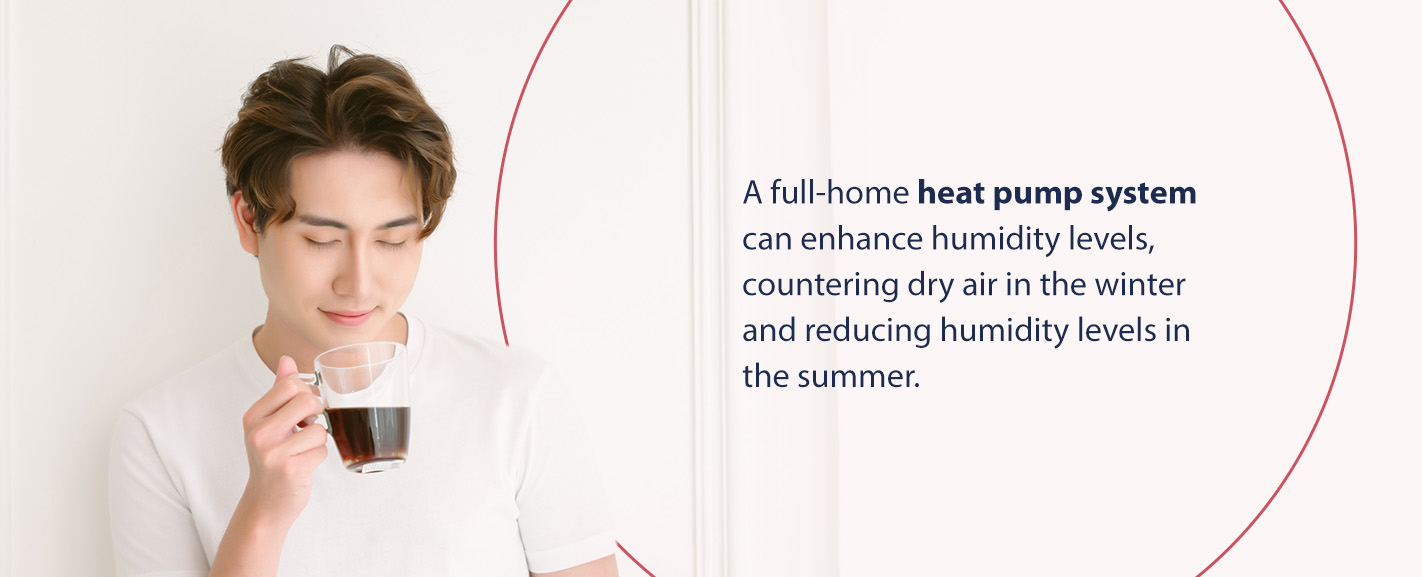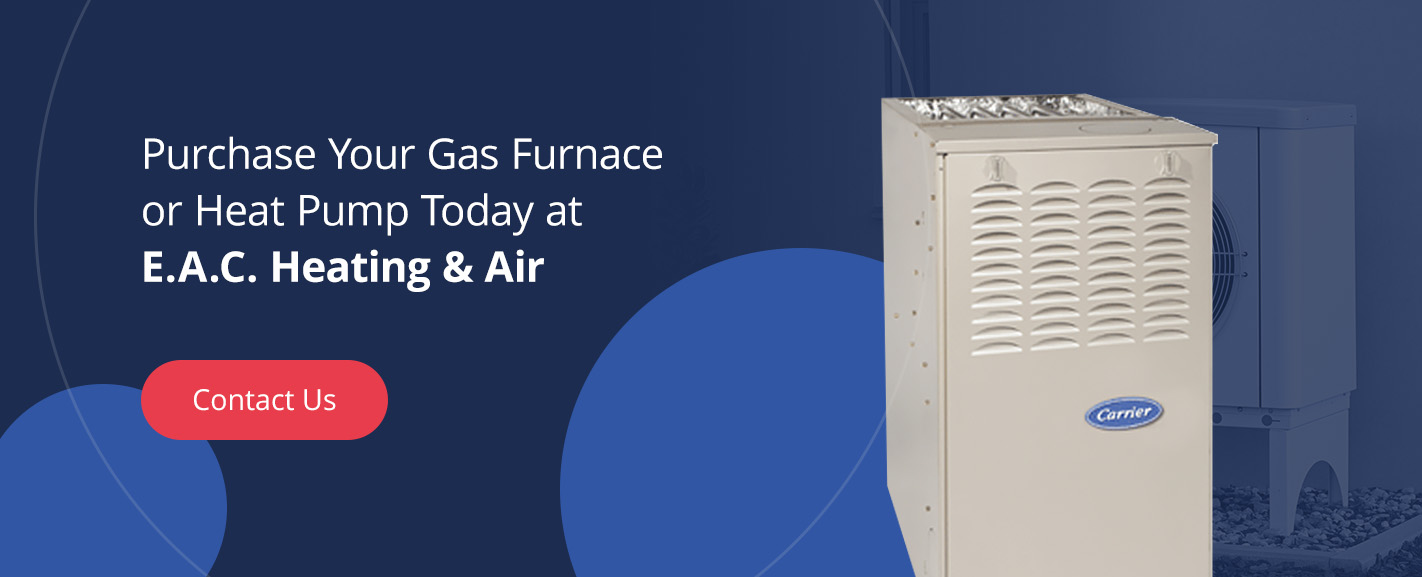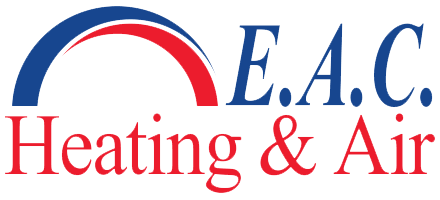
Heat pumps and gas furnaces might serve the same purpose — keeping your home warm. However, each system goes about heating spaces in a different way. As a result, heat pumps are the best choice for some homes, while a gas furnace might be a better heating solution in others. Each heating system has different maintenance and space needs. At the same time, these systems have different life spans and installation costs.
As a homeowner, you’ll want to weigh the pros and cons to determine which system can heat your home efficiently. Otherwise, you might spend more on your heating bill or settle for less-than-comfortable indoor temperatures.
Learn about the differences between gas furnaces and heat pumps so you can make an informed decision.
Understanding Heat Pumps
Heat pumps are innovative energy-efficient heating and cooling systems. These systems have two major components — an outdoor unit and an indoor unit. Each unit contains a coil and a fan, and a refrigerant line connects them.
When it’s cold outside, the outdoor unit pulls warmth from the air into a refrigerant. Even when it’s cold, some heat is still in the air. The compressor heats the refrigerant even more by compressing it and then sends it to the indoor unit. Inside, the fan blows over the heated coil, releasing heat into your home. The system then pumps the cool refrigerant back to the outdoor unit to absorb more heat.
During warmer weather, the process reverses. The indoor unit draws heat from inside your home and releases it outside. The compressor then circulates the refrigerant back to the indoor unit to absorb more heat. The result is cool, dehumidified air blowing into your home.
Heat pumps don’t generate heat. Instead, they move heat from one place to another, which is why these systems are incredibly energy efficient. Heat pumps are up to 300 percent more efficient than electric baseboards. So, if you have been using an electric heating system, you’ll reduce your carbon footprint and see a substantial decrease in your electric bill.
The Benefits of Heat Pumps
Heat pumps have several benefits. Beyond year-round comfort and improved humidity and temperature control, you can expect these advantages when investing in this kind of HVAC system for your home:
- Minimal operational costs: Heat pumps use significantly less power than traditional electric baseboard heating systems, gas furnaces and most other HVAC systems. When choosing a heat pump system for your home, you can expect significant savings over time.
- Complements solar power systems: If you’ve already made the eco-conscious decision to switch to solar power at home or you’re planning to in the future, you can rest assured that your heat pump system is compatible with solar panels.
- Safe for your home and the environment: Because heat pumps don’t generate heat through gas, they are the safest kind of HVAC system. There is no risk of a natural gas leak leading to carbon monoxide poisoning, and you won’t need to worry about open flames or gas fumes.
- Improved humidity and indoor air quality: Investing in a full-home heat pump system can enhance humidity levels as it moves heat through your home, countering dry air in the winter and reducing humidity levels in the summer. Moreover, heat pump system filters also catch air pollutants to improve indoor air quality.
While heat pumps require professional installation, it generally only takes a few days.
The Downsides of Heat Pumps
Though heat pumps have several valuable perks to offer, you should also consider a few disadvantages before making a decision. Here are the downsides of using a heat pump system:
- High installation costs: Although heat pumps are quick to install, these systems are complex. A professional must determine the best approach to placing the indoor and outdoor units — minor home modifications are sometimes necessary. As a result, heat pump installation can be more expensive than other comparable HVAC systems.
- Heat pumps need to defrost: Ice forms on the outdoor unit in freezing weather, forcing the system into a defrost mode setting. While the unit is defrosting, air flow pauses and efficiency reduces.
- A noisy fan and compressor: When heat pumps run for long periods, the fan and compressor components generate noise. However, some heat pump models are less noisy than others.
- A short life span: Compared to other HVAC systems, heat pumps have a shorter life span of up to 15 years.
Heat pumps are energy-efficient, safe and quick to install. However, these heating systems cost more to install and can be somewhat noisy.
Understanding Gas Furnaces
Gas furnace systems heat air in one area and then distribute it throughout the home. The primary components of a gas furnace system are a thermostat, burners, gas valves, heat exchangers, blower motors and a ventilation system. When the furnace generates heat, the combustion gases are released from your home through a flue pipe.
Air is collected and passed through filters to remove dust, dirt and other airborne particles. But the furnace only starts when it receives a signal from the thermostat to turn on. Then, the unit’s ignition starts the burner component, and the flames heat the metal heat exchanger. The heat then circulates through the unit. The blower motor and fan move heat through the supply register and into your home.
The Benefits of Gas Furnaces
Gas furnaces can be an efficient heating solution in some homes. Here are the primary benefits this residential heating system has to offer:
- Inexpensive to install: Gas furnaces are relatively affordable to install. Even though installation is labor intensive, it is the most common and affordable home heating system.
- Efficient heating even in the coldest weather: Furnaces provide the most reliable heating even in the most frigid weather. There is no defrost mode or pause time relevant to this heating solution.
- Less maintenance: Gas furnaces need annual maintenance, although biannual maintenance is even more beneficial. However, this heating system requires much less maintenance than most comparable systems.

Gas furnaces also require professional installation, and it’s best to rely on a professional service for ongoing maintenance.
The Downsides of Gas Furnaces
Despite gas furnaces being the most common heating system in homes, there are a few downsides to consider.
- Costly to run: Because gas furnaces create heat rather than simply moving it, they are more expensive to run than heat pumps.
- Hazardous risks: The most significant drawbacks associated with gas furnaces are the dangerous risks. Carbon monoxide poisoning and contact with open flames are serious concerns if a natural gas leak occurs.
Gas furnaces are typically cheaper to install and more effective in providing reliable heat in the coldest weather. However, fire, explosion and carbon monoxide poisoning are relevant risks.
Purchase Your Gas Furnace or Heat Pump Today at E.A.C.
When comparing these two popular heating systems, there are several key differences to consider. Heat pumps are the more energy-efficient solution, while a gas furnace generally provides better heat in extremely cold weather.
If you are still unsure which heating solution is best for your home, reach out to E.A.C Heating and Air for expert advice. A courteous consultant will guide you through the process of finding the most suitable heating system for you.

